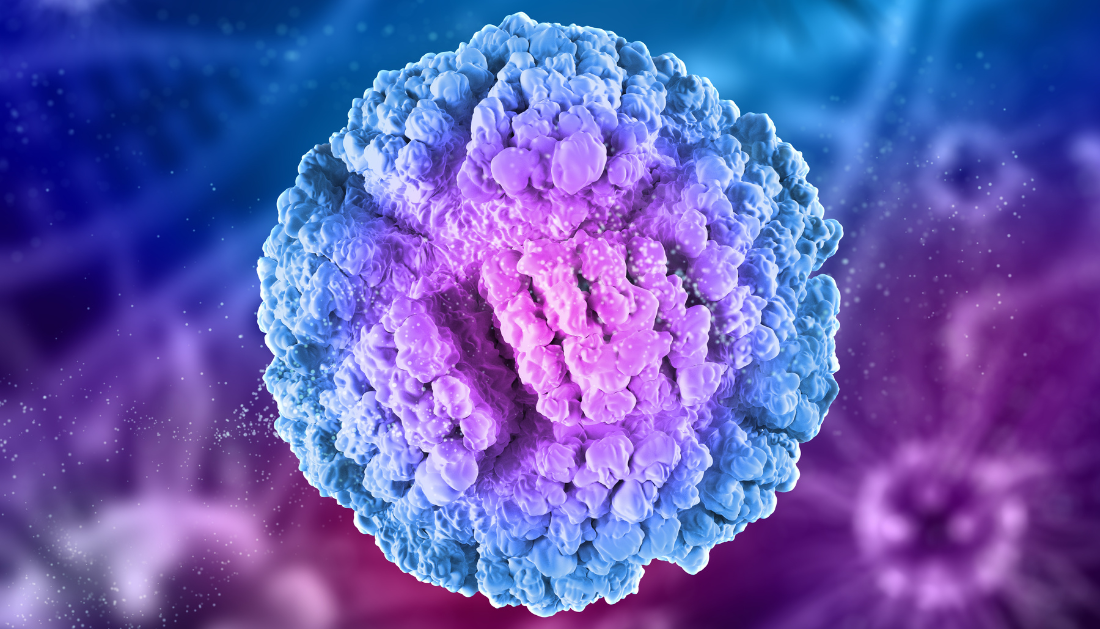

Now, solid tumors may be treated more effectively by a new therapy that targets and destroys cancer cells in cancerous blood vessels. Chimeric Antigen Receptor (CAR) T-cell therapy can be enhanced by changing the circumstances the T cells are cultured in, according to a recent study by Dan Cappabianca and Krishanu Saha of the Wisconsin Institute for Discovery published in Molecular Therapy – Methods & Clinical Development. And all of this was uncovered by accident.
White blood cells called T cells are essential for the immune system’s reaction to infections and malignancies. With the use of CRISPR/Cas9 genome editing technology, they can be altered to express a particular receptor, rerouting their innate “killing instincts” to selectively target cancer cells found in tumors. Similar to how vaccinations teach the immune system to recognize and fight against particular infections, T cells can “remember” a pathogen after first exposure, enabling a quicker and stronger response if met again.
However, the cells need to be produced in a certain way in the laboratory in order to be a powerful cancer treatment.
“We were comparing two distinct T-cell media formulations with varying nutrient levels. Interestingly, our breakthrough came entirely by chance. I inadvertently placed the cells in the wrong medium, which unexpectedly became the focal point of my entire thesis!”- Dan Cappabianca, Wisconsin Institute for Discovery
T cells in the body are derived from bone marrow-derived stem cells. The T cells are activated in the lab using a medium lacking in nutrients and low in glutamine and glucose, which the cells require for energy. Next they transfer them to a medium rich in nutrients. The initial phase induces stress on the cells and sets off certain reactions that can improve their capacity to target tumors, encourage the development of T memory cells, and identify the more robust cells that can endure at such low energy levels. T cell proliferation and rapid expansion are supported by the second phase.
The outcome of this “metabolic priming” was that the treated cells maintained the characteristics of stem cells, which improved their capacity to eradicate cancer cells, change into strong memory cells, and endure a longer period of time within the body.
“We discovered that by briefly restricting sugar exposure, akin to a three-day ‘keto diet,’ our T cells showed reduced maturity at the end of the manufacturing process. The less mature they are when reinfused into a patient, the longer they live fighting cancer,” says Cappabianca.
Additionally, cell memory seems to benefit from the two-step procedure. Improving these memory attributes in CAR T-cell therapy aids T cells in identifying and eliminating tumors over time.
Recent research utilizing T cells produced using the lab’s novel technique showed that 63% of patients temporarily saw a partial or total decrease in tumor size. That’s an improvement over clinical studies where only 15% of patients had a partial or total decrease in tumors following treatment with CAR T cells that weren’t generated utilizing the lab’s two-step procedure.
The essential elements that enable these CAR T cells to survive longer and become more potent against solid tumors require further investigation. With a view to treating patients in the next years, researchers expect that this approach of “metabolically priming” these particular types of CAR T cells can be modified for large-scale production.
“A famous aphorism by French chemist, Louis Pasteur is that ‘chance favors only the prepared mind,'” Saha states. “Our unplanned media switch -; really by chance -; led us on a new path of discovery.”
For more information: Metabolic priming of GD2 TRAC-CAR T cells during manufacturing promotes memory phenotypes while enhancing persistence, Molecular Therapy – Methods & Clinical Development, https://doi.org/10.1016/j.omtm.2024.101249
more recommended stories
 Pediatric Crohn’s Disease Microbial Signature Identified
Pediatric Crohn’s Disease Microbial Signature IdentifiedKey Points at a Glance NYU.
 Nanovaccine Design Boosts Immune Attack on HPV Tumors
Nanovaccine Design Boosts Immune Attack on HPV TumorsKey Highlights Reconfiguring peptide orientation significantly.
 High-Fat Diets Cause Damage to Metabolic Health
High-Fat Diets Cause Damage to Metabolic HealthKey Points Takeaways High-fat and ketogenic.
 Acute Ischemic Stroke: New Evidence for Neuroprotection
Acute Ischemic Stroke: New Evidence for NeuroprotectionKey Highlights A Phase III clinical.
 Statins Rarely Cause Side Effects, Large Trials Show
Statins Rarely Cause Side Effects, Large Trials ShowKey Points at a Glance Large.
 Anxiety Reduction and Emotional Support on Social Media
Anxiety Reduction and Emotional Support on Social MediaKey Summary Anxiety commonly begins in.
 Liquid Biopsy Measures Epigenetic Instability in Cancer
Liquid Biopsy Measures Epigenetic Instability in CancerKey Takeaways Johns Hopkins researchers developed.
 Human Antibody Drug Response Prediction Gets an Upgrade
Human Antibody Drug Response Prediction Gets an UpgradeKey Takeaways A new humanized antibody.
 Pancreatic Cancer Research: Triple-Drug Therapy Success
Pancreatic Cancer Research: Triple-Drug Therapy SuccessKey Summary Spanish researchers report complete.
 Immune Cell Epigenome Links Genetics and Life Experience
Immune Cell Epigenome Links Genetics and Life ExperienceKey Takeaway Summary Immune cell responses.

Leave a Comment